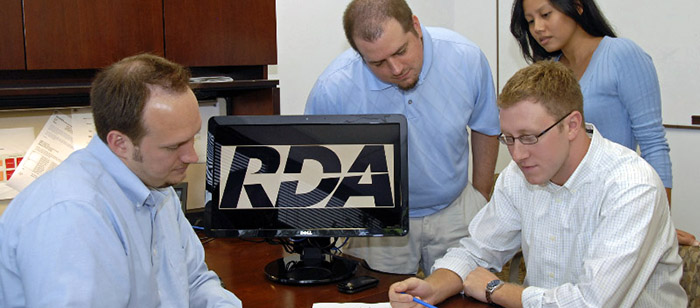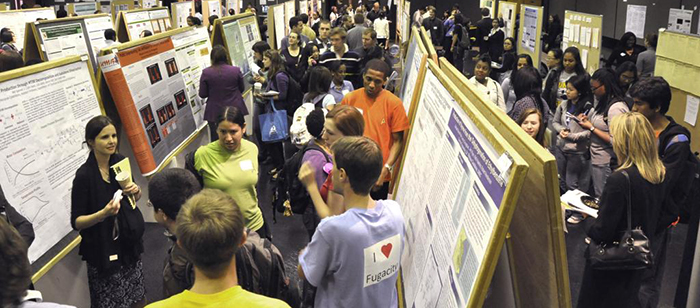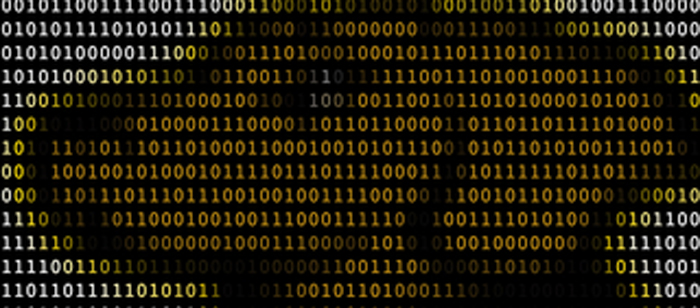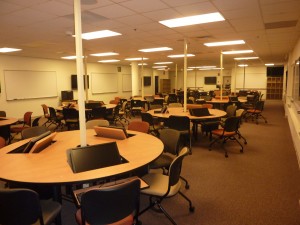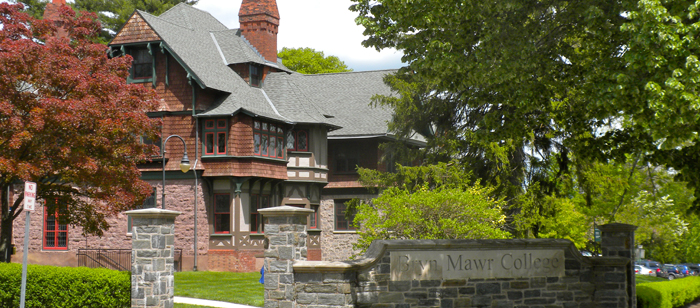
The elections for both the IEEE Undergraduate Student Branch and IEEE Graduate Student Branch Executive Boards have been scheduled for Friday, April 19th, 4.00pm to 5.00pm, room TBA. This is our regular meeting time. Below you will find more information on the election process, including the procedure to run for an Officer position.
IEEE Undergraduate Student Branch Officer positions include the following.
- Chair: Will be responsible for leading the IEEE Undergraduate Student Branch overall. S/he will also be responsible for representing the IEEE USB in General Body meetings and Executive Board meetings, and delegating responsibilities for various task. Events and activities must be approved by the Chair before sent to committees and funds must be approved before being forwarded to the Treasurer.
- Vice-Chair: Will be responsible for assisting the Chair in leading the IEEE USB and helping to run the branch smoothly. If the Chair is not present, the VP will take upon her/his responsibilities.
- Secretary: Will be responsible for taking minutes at meetings, keeping track of undergraduate student attendance and reporting the activities to the branch. S/he will be the point person for external relationships.
- Treasurer: Will manage the accounts and funds for the IEEE USB. S/he’ll be responsible for attending the SGA treasurer training session, and working with the Executive Board to generate a budget plan.
- Member At Large: Will support the other executive board members by facilitating their responsibilities as well as managing member recruitment/retention, managing fundraising activities in cooperation with the Treasurer and developing and managing projects.
IEEE Graduate Student Branch Officer positions include the following.
- Chair: Will be responsible for leading the IEEE Graduate Student Branch overall. S/he will also be responsible for representing the GSO in the GSA Senate meetings and external events. Funds must be approved by the Chair before being forwarded to the Treasurer.
- Vice-Chair: Will be responsible for assisting the Chair in leading the IEEE GSB and helping her/him to run the branch smoothly.
- General Secretary: Will be responsible for reporting the activities to the IEEE SB GSA. S/he will be the point person for external relationships.
- Treasurer: Will manage the accounts and funds for the IEEE GSB. S/he’ll be responsible for the annual budget report along with the payments.
To run for one of the above positions you must be a grad/undergrad student in good academic status, be subscribed to our mailing list, and send me () a small description (no more than 100 words) about you and why should other members vote for you, no later than next Thursday, April 11th, by 12.00pm (noon). You can only run for one position.
These descriptions will be compiled and sent out to the entire mailing list no later than the following Friday, April 12th. Each candidate will be given two minutes during that Friday's meeting to make a brief speech.
The election process will be supervised by our advisor, Dr. Choa.
IMPORTANT
- if you win, you MUST be an official IEEE member or become one within a week after the election date.
- to vote, you must present your UMBC ID and the email that you used to subscribe to our mailing list.
Please come and vote on the 19th to ensure that your voice is heard, and consider running for one of the positions. If you have any concerns or questions about the election process, please let Jorge Teixeira () know ASAP.
On behalf of the UMBC IEEE GSB and UMBC IEEE USB Executive Boards,
UMBC IEEE Student Branch, Chair
Jorge Teixeira
